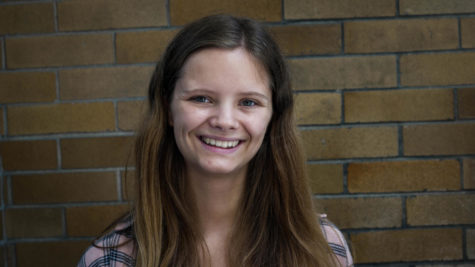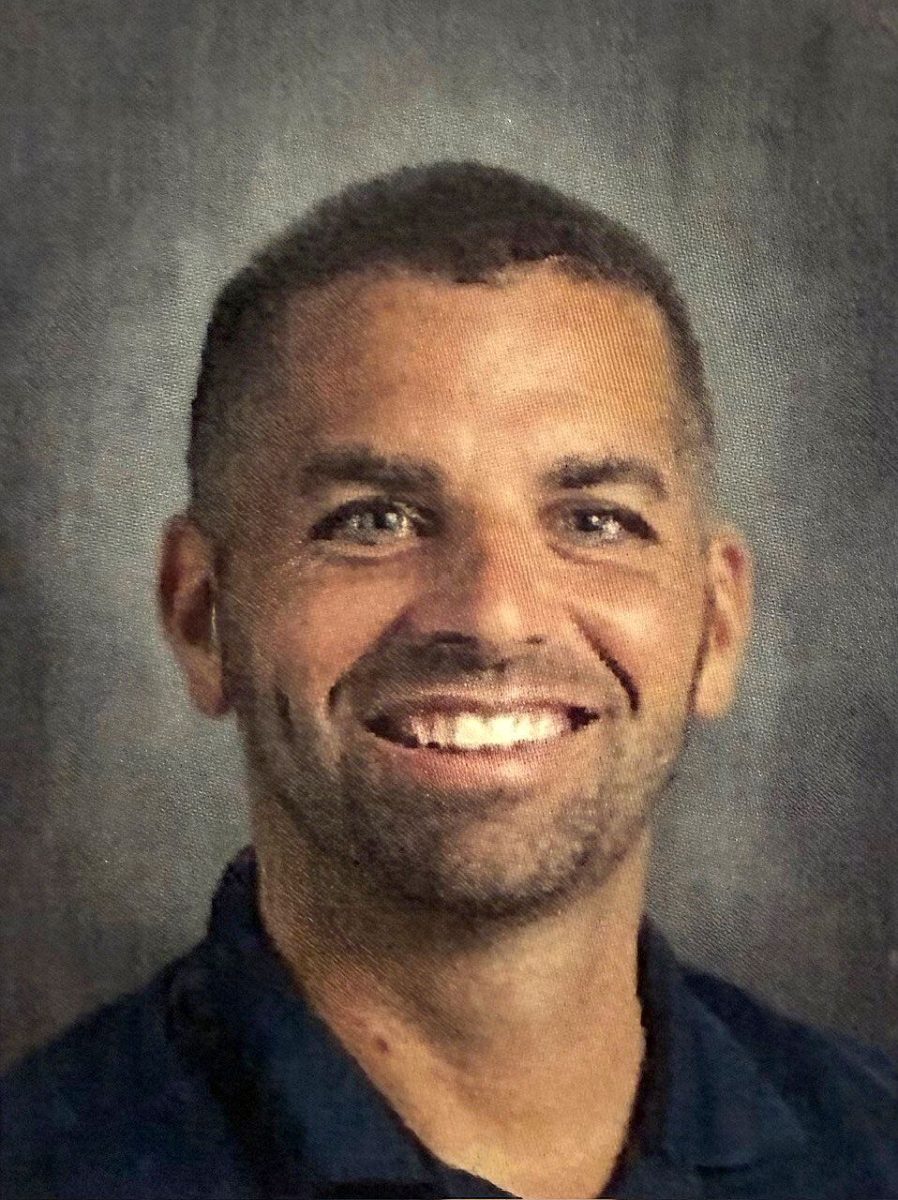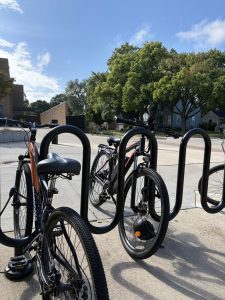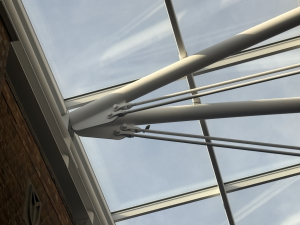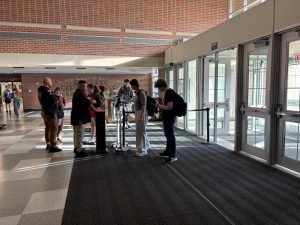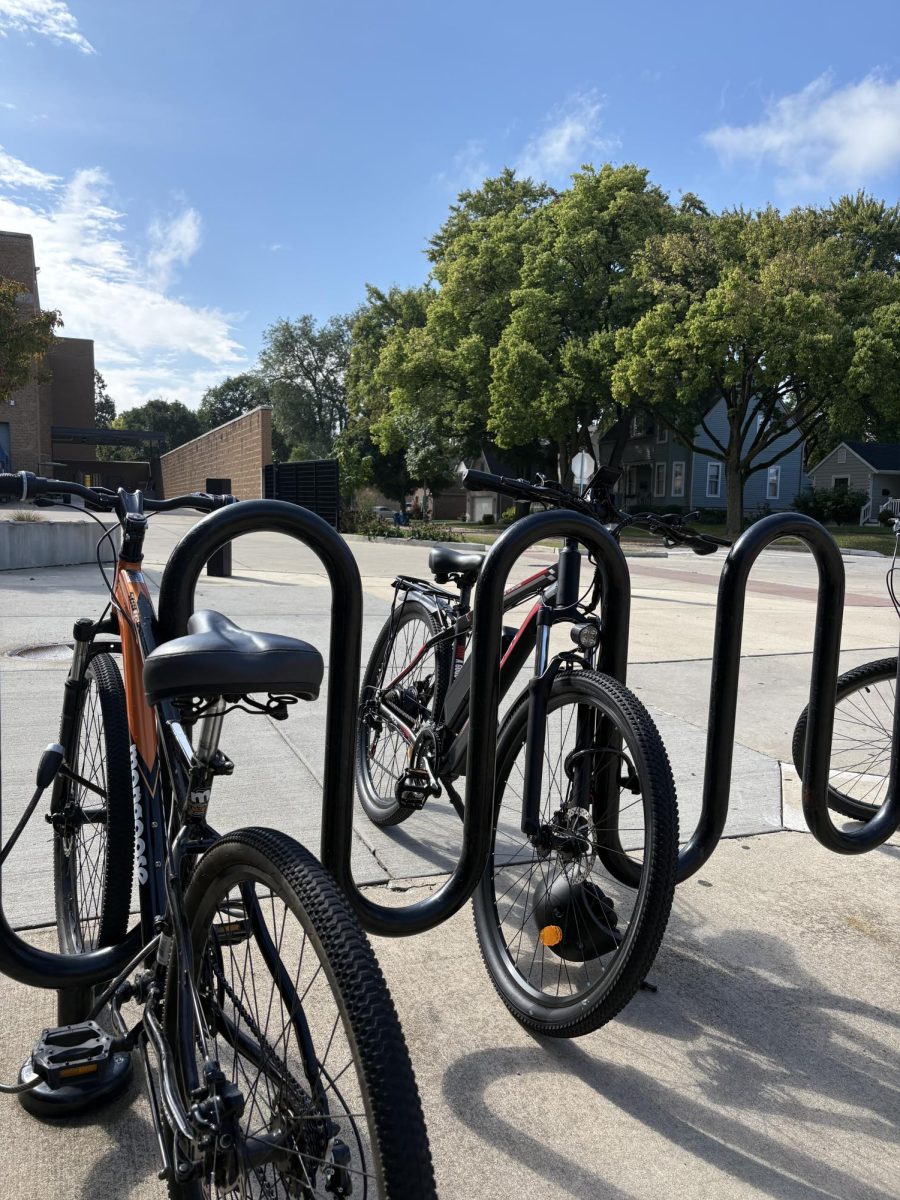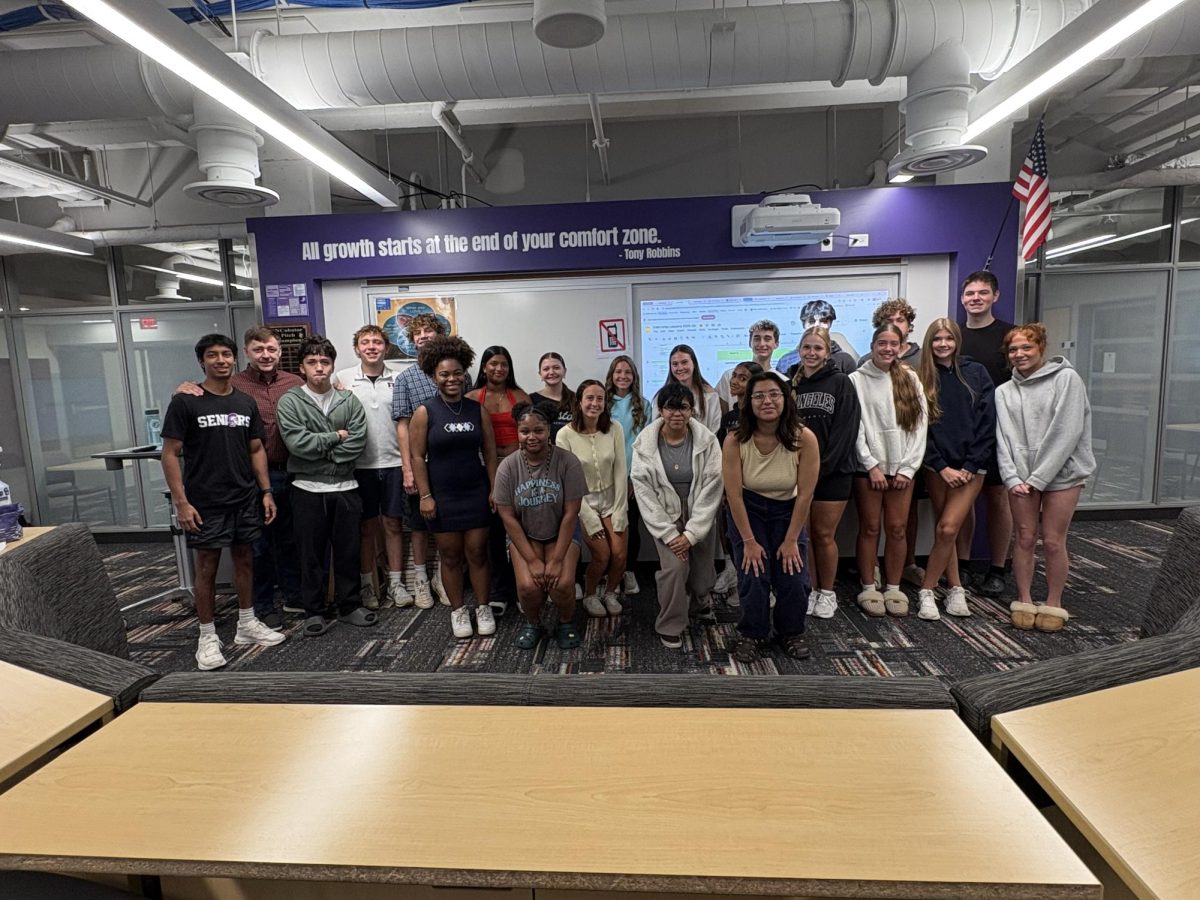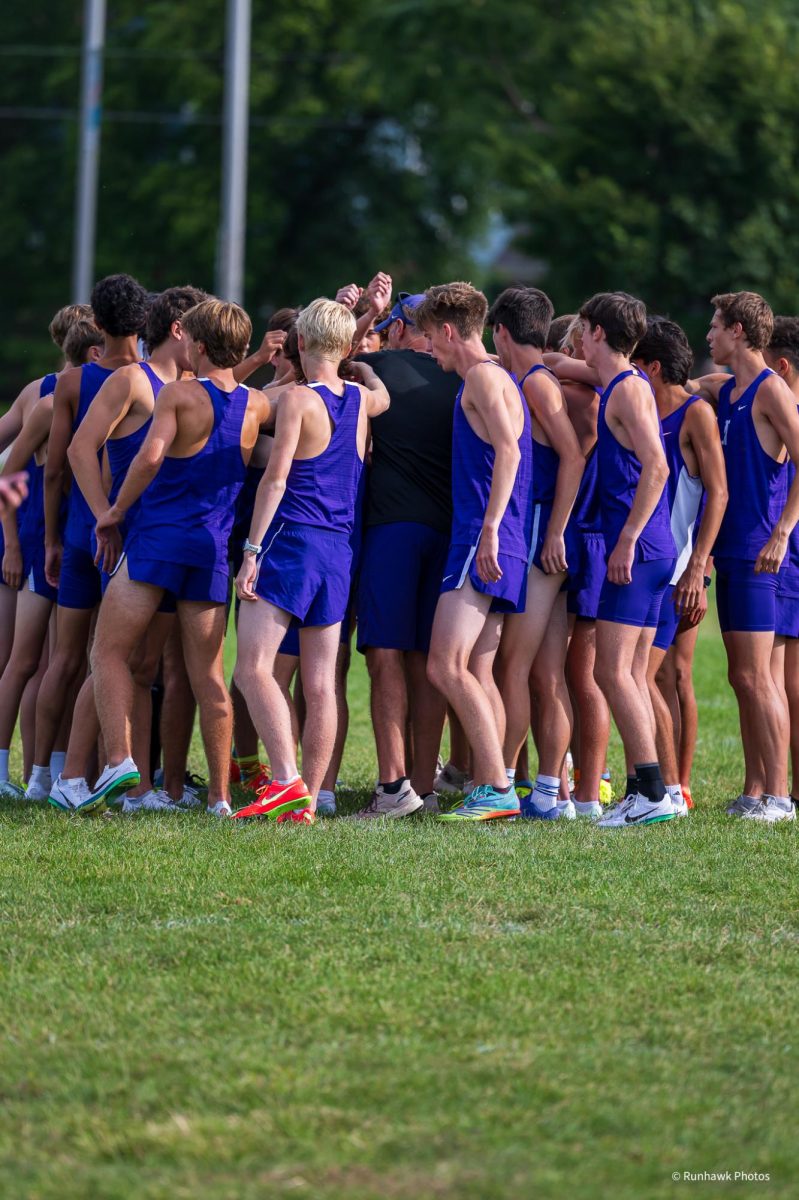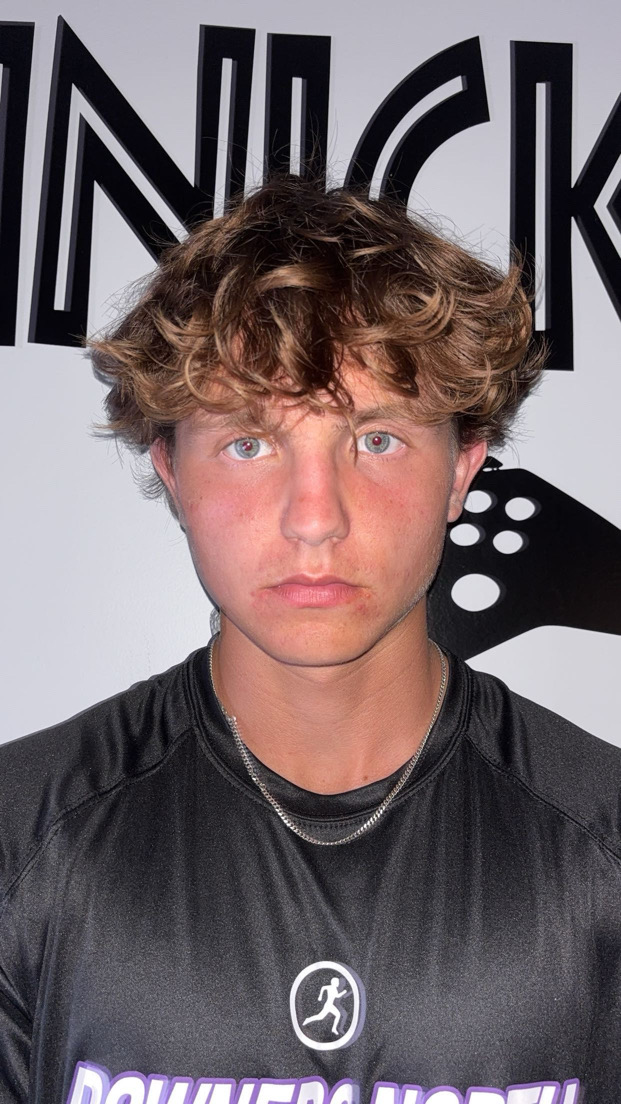DGN diffuses fights with support system
December 18, 2019
DGN’s policy regarding fighting ensures that all students involved in a fight will be punished with suspension. The policy is meant to deter students from fighting, so that the amount of students getting into fights in the first place might decrease.
With the exception of assaults, all fights are considered mutual. “In the school situation(s), there’s no such thing as ‘self defense,’” Vice Principal of Staff and Students Kelly Zuerner said.
This may seem similar to a zero tolerance policy, but while DGN used to use zero tolerance, the policy was scrapped with the Illinois SB100 law, which outlawed zero tolerance in public schools. Since then, all fights are decided on a case-by case basis, even though in every case excluding assaults, both parties are suspended.
DGN’s administrative efforts in terms of fights go into prevention to avoid conflicts between students ever from reaching physicality. DGN’s administration expects students to report potential fights before they happen so the school can try to diffuse the situation.
“We act through restoration circles to alleviate hostile situations that would jeopardize you,” Zuerner said.
Each student has a support staff made up of their counselor, dean, social worker, psychologist, and case manager if the student has an IEP. Depending on the severity of the situation, different members of this support staff will act in order to prevent a physical fight.
According to DGN’s disciplinary records, seven students have been disciplined for fighting during the past five years, stemming from three individual fights. While there were seven actual fights, there were ten inciting incidents that never reached a fight in which staff action was taken to prevent physical conflict.
Presumably because all of the work with the administration is done preemptively, fighting is not as big a problem at DGN as it is at other schools. This applies to nearby schools as well as to the national level.
DGN’s numbers are a stark contrast from fighting trends in other schools. Across the entire country, 7.3% of students are reported to have been in some kind of fight on school property in 2017 according to the CDC.
Until 2015, DGN used a zero-tolerance policy that, without exception, punished any student involved in a fight, as opposed to the case-by-case approach accompanied by preventative measures it takes now.
Alex Montague, an alumnus of DGN who graduated in 2006, was in a fight while this zero-tolerance policy was active. During his junior year at DGN, two weeks after transferring to the school, he claims to have been assaulted by another student in the lunchroom.
“He punched me right in the base of my skull, right in the cerebellum,” Montague said of the incident. The other student continued to strike him with “three punches in the span of like, a second.”
“He had this long ponytail, went down to maybe his shoulder. I put one hand on his ponytail and one hand on his shoulder and turned him so he wasn’t facing me, so he’d stop punching me,” Montague said. Afterwards, a teacher broke up the fight.
Because Montague made physical contact with the other student, it was classified as fight, and Montague was given a four day in-school suspension.
“I didn’t actually throw any punches, all I did was make physical contact with him, just to go and turn him away from me. I didn’t pull his hair, I used it to turn him away, and I still got an in-school suspension,” Montague said. “It’s not like someone can think very clearly when they get punched in the head.”
Since the policy changed, this case would not have been judged like this if it had happened more recently. “If I am turning the kid around and didn’t try to incite it, didn’t have any past ‘beef’ with the student, I wouldn’t be suspended for that,” Zuerner said.
Zuerner claims that there are far fewer fights now than there have been in the past. It has not starkly decreased in her tenure of close to a decade, but before that time DGN experienced fights more often.
“I do believe our incidents have decreased, but I account that more to the support of our teachers and our students,” Zuerner said. “We do a great job of supporting our kids, wrapping around the ones that need it.”


